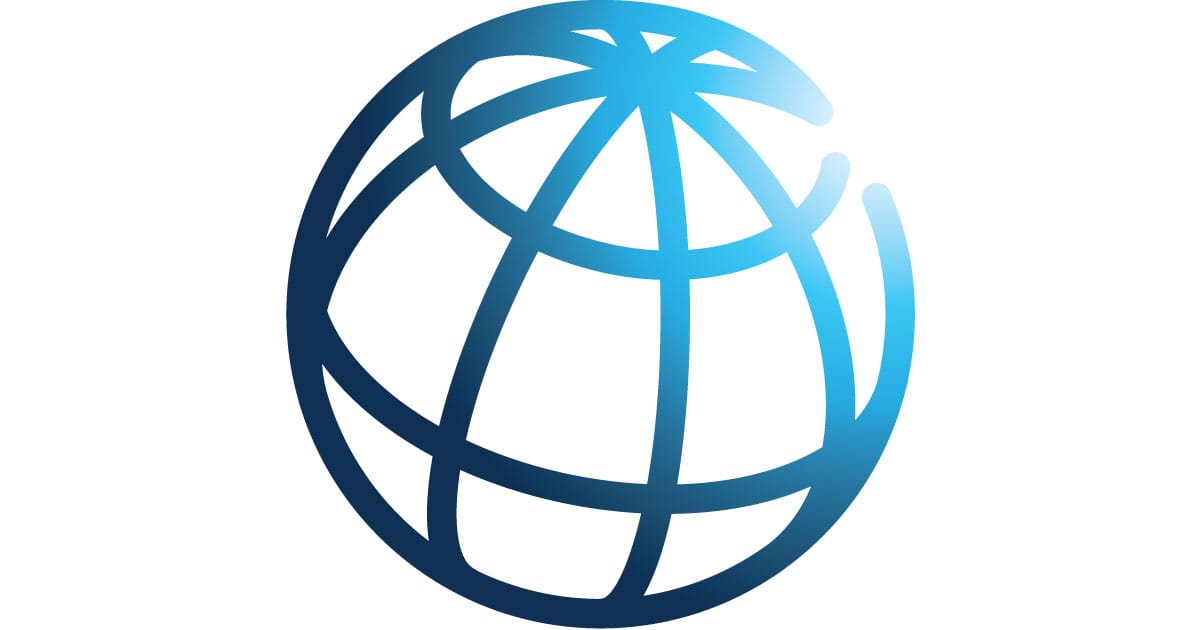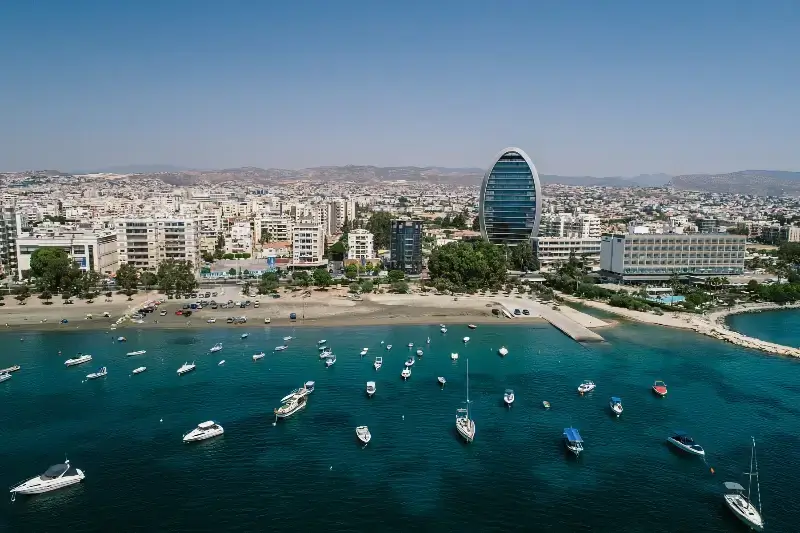Addressing the Taxation Challenge in Developing Countries
In the face of mounting crises, developing nations are grappling with a dual challenge: dwindling revenues and surging expenditures. This financial strain is undermining progress in critical areas such as nutrition and healthcare, where public investment is essential. The stark reality is that many of these countries are falling short of the 15% of GDP tax collection threshold, which is widely considered a benchmark for a functional state capable of fostering growth.
As of 2023, an overwhelming 86% of low-income countries and 43% of lower middle-income countries have not reached this pivotal taxation milestone. The situation is even more dire in regions plagued by fragility, conflict, and violence, where the average tax-to-GDP ratio hovers at a mere 12.6 percent. This shortfall not only hampers their ability to finance necessary public services but also impedes their journey towards economic resilience and prosperity.
To reverse the economic downturn, alleviate poverty, and champion climate initiatives, these countries are in urgent need of enhancing their tax collection mechanisms. The goal is to create tax systems that are not only more equitable and efficient but also supportive of sustainable growth. Governments are tasked with the delicate act of balancing increased revenue mobilization against the need for fairness across various demographics and economic sectors.
Fair taxation means considering the disparate impact on different income groups, corporate versus individual taxpayers, urban versus rural communities, formal versus informal economies, as well as the distribution between labor and investment income across generations. Moreover, optimizing tax systems is crucial for empowering the private sector’s role in job creation, which is vital for the overall health of these economies.
As countries strive to navigate these complex fiscal waters, the emphasis remains on crafting tax policies that foster a fair distribution of the tax burden while catalyzing growth and innovation within their borders.






